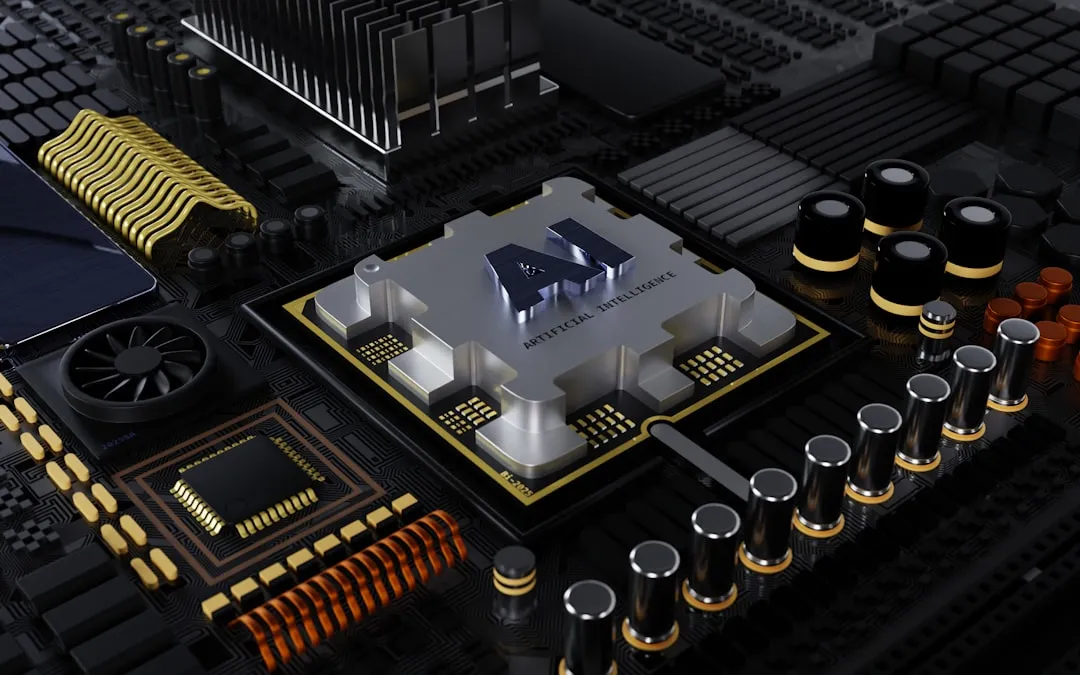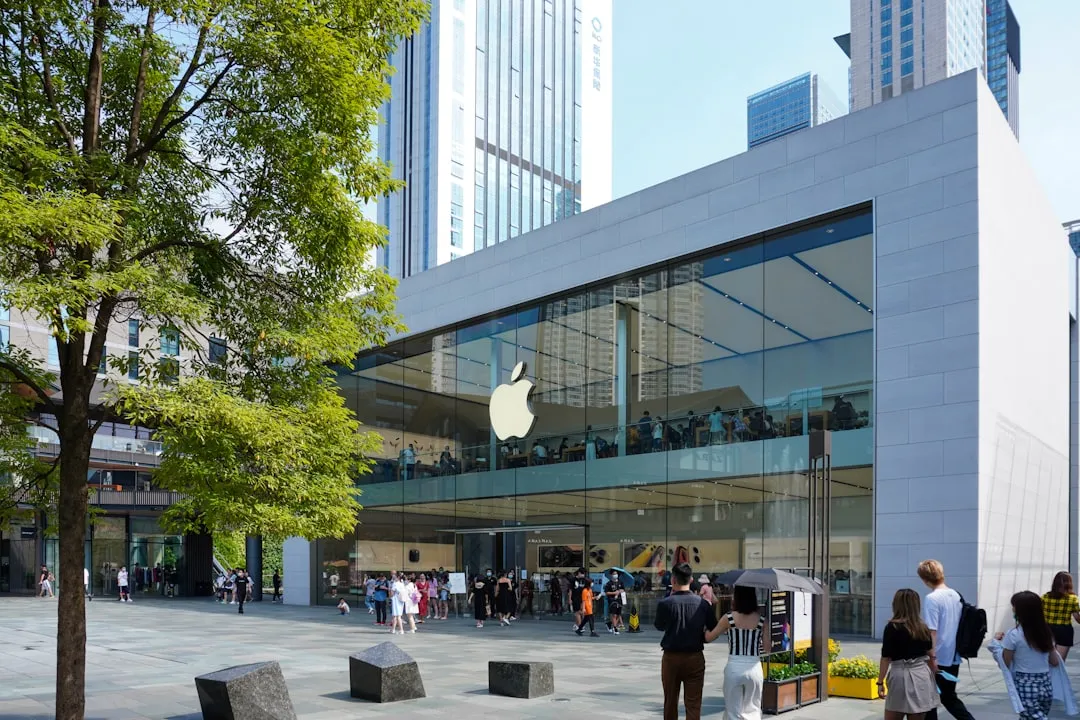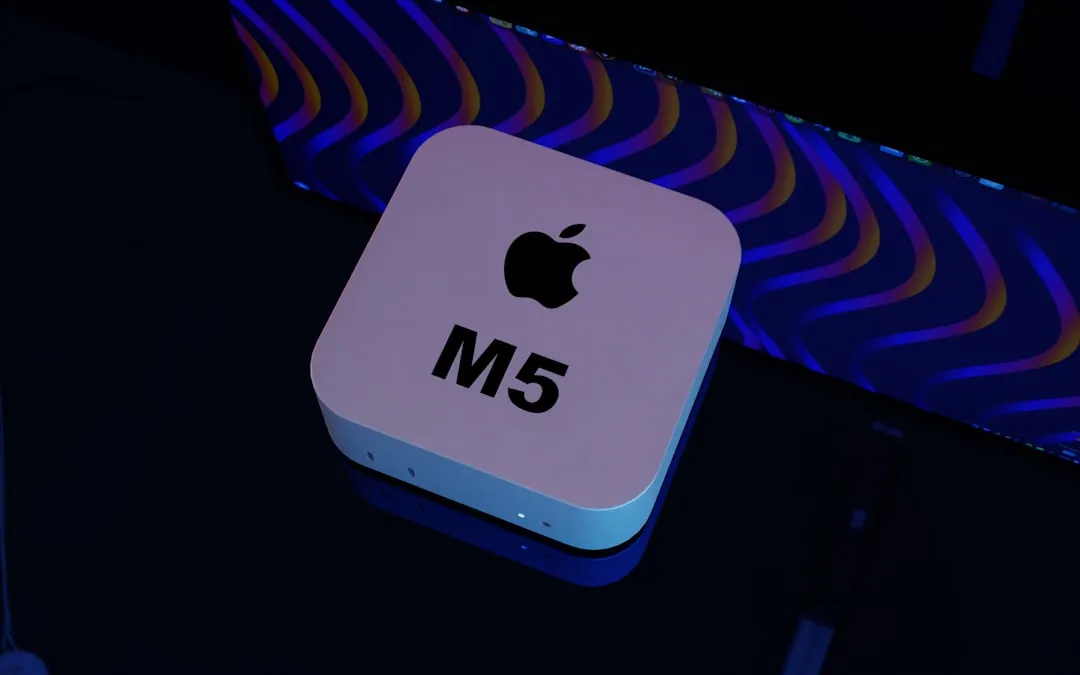Intel might be making a surprising comeback into Apple's chip manufacturing plans, marking a potential shift in the company's silicon strategy. Recent reports from renowned supply chain analyst Ming-Chi Kuo suggest that Intel could begin producing Apple's entry-level M-series processors as early as mid-2027, according to MacRumors. This development represents a fascinating turn of events, considering Apple moved away from Intel processors in 2020 to develop its own custom silicon. What makes this partnership particularly intriguing is Intel's advanced 18A-P manufacturing process, which could offer Apple unique technical capabilities and supply chain diversification benefits, based on reports from WCCFtech.
What makes Intel's 18A-P process so compelling?
Intel's 18A-P manufacturing technology offers several technical advantages that align with Apple's engineering requirements for next-generation processors. The process represents Intel's first node to support Foveros Direct 3D hybrid bonding, which enables stacking multiple chiplets through advanced interconnects with a pitch of less than 5 microns, as detailed by WCCFtech. This sophisticated multi-die configuration capability could enable Apple to optimize thermal management while maintaining the performance density required for mobile devices.
Beyond the technical specifications, Apple's commitment to evaluating this technology runs deeper than typical supplier relationships. The company has already signed an exclusive non-disclosure agreement with Intel regarding the 18A-P process and obtained early development kits, signaling serious strategic interest, according to technical specifications from WCCFtech. The 18A-P process features optimized threshold voltages across various power and voltage regimes, delivering enhanced power-efficiency trade-offs that could translate into longer battery life and better thermal performance for MacBooks and iPads.
Apple is currently waiting for Intel to release more mature development tools, scheduled for the first quarter of 2026, based on industry reports. This timeline suggests a methodical evaluation process that could reshape how Apple approaches manufacturing partnerships for different product tiers.
How this partnership could benefit both companies
For Intel, securing Apple as a foundry customer represents far more than revenue generation—it's about market validation and technological credibility. The partnership could significantly improve Intel's foundry business outlook and provide strategic advantages that extend well beyond direct financial benefits, according to Seeking Alpha analysis. Market reaction has been notably positive, with Intel shares rising more than 6% following initial reports, demonstrating investor confidence in this potential collaboration's transformative impact on Intel's foundry services.
Apple's strategic motivation combines technical innovation with supply chain resilience. The company has historically supported American manufacturing initiatives, and partnering with Intel aligns with domestic production policies while providing manufacturing flexibility for specific product segments, as noted in industry coverage. Intel is expected to handle Apple's lowest-end M-series chips, likely targeting MacBook Air, iPad Air, and iPad Pro models, with production volumes potentially reaching 15-20 million units by 2027, based on analyst projections.
This approach allows Apple to optimize manufacturing costs for entry-level devices while reserving TSMC's premium processes for high-performance variants requiring maximum computational density.
What this means for Apple's silicon roadmap
This potential Intel partnership represents tactical manufacturing diversification rather than a retreat from Apple's custom silicon strategy. TSMC would continue supplying the majority of Apple's M-series chips, particularly the higher-performance variants used in Pro and Max configurations, according to MacRumors reporting. The chips Intel would manufacture would still be designed entirely by Apple using ARM architecture, fundamentally different from the previous Intel-designed x86 processors that powered Macs for fifteen years.
Recent M5 chips demonstrate Apple's continued commitment to performance leadership, delivering approximately 15% faster single-core and 15-20% faster multi-core performance compared to M4 processors, based on technical analysis from Axis Intelligence. These improvements showcase how Apple's design capabilities continue advancing independent of manufacturing partnerships. Intel's 18A-P process could enable Apple to achieve similar performance levels at potentially lower costs for mainstream devices, creating a strategic advantage across different market segments.
The timing creates a compelling full-circle narrative, as Apple's upcoming macOS Tahoe will be the final version supporting Intel-based Macs, as confirmed in recent announcements. Just as Apple completes its transition away from Intel-designed processors, Intel could return as a manufacturing partner for Apple-designed chips—a relationship that preserves Apple's design independence while leveraging Intel's advanced manufacturing capabilities.
The bigger picture: reshaping semiconductor partnerships
This potential collaboration reflects fundamental changes in semiconductor industry dynamics, where traditional competitive boundaries are evolving into more complex partnership models. Intel's pursuit of foundry business from major technology companies represents a critical strategic pivot as the company works to rebuild its manufacturing reputation and compete with industry leaders like TSMC, according to market analysis.
What makes this partnership particularly significant is how it demonstrates Apple's pragmatic approach to balancing performance, cost, and supply chain resilience. Rather than relying solely on a single foundry partner, Apple is exploring how different manufacturing capabilities can serve distinct product requirements. This strategy could provide valuable experience with alternative manufacturing processes while maintaining design control across their expanding silicon portfolio.
The collaboration also aligns with broader political and economic trends supporting domestic semiconductor manufacturing. Apple has been a supporter of American manufacturing, and integrating Intel Foundry Services reflects this commitment while potentially benefiting from government support for semiconductor production in the United States. Industry observers will be watching closely to see whether this model influences other major technology companies to pursue similar diversified manufacturing strategies, potentially reshaping competitive dynamics across the entire semiconductor ecosystem.
PRO TIP: Watch for Intel's foundry capability announcements and Apple's supply chain moves throughout 2025 and 2026. These developments could signal broader industry shifts toward more sophisticated manufacturing partnerships that balance performance, cost, and strategic independence.
























Comments
Be the first, drop a comment!